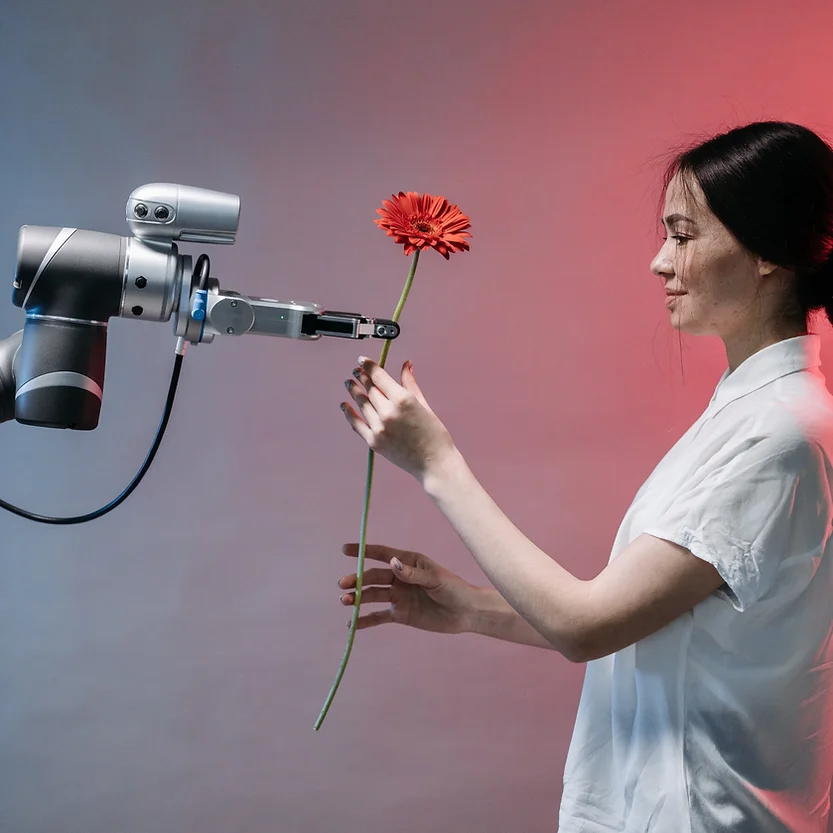
Artificial intelligence (AI) is rapidly transforming the hospitality industry, offering new ways for hotels and other hospitality businesses to engage with their guests and streamline operations. ChatGPT, a large language model trained by OpenAI, is one example of how AI is being used to improve guest experiences.
What is ChatGPT?
ChatGPT is an AI-powered chatbot that can interact with guests in natural language, answering questions and providing assistance on a range of topics. The system is trained on large amounts of data, allowing it to understand and respond to guest inquiries in real-time.
How is ChatGPT used in Hospitality?
ChatGPT can be integrated into a range of hospitality applications, from mobile apps to in-room tablets and even voice assistants. By using natural language processing, ChatGPT can help guests find information quickly and easily, without the need for staff assistance.
Some examples of how ChatGPT can be used in hospitality include:
Personalized recommendations: ChatGPT can analyze guest data to provide personalized recommendations for local attractions, dining options, and other activities.
Room service ordering: Guests can use ChatGPT to place room service orders, specifying their preferences and dietary restrictions.
FAQs: ChatGPT can answer frequently asked questions about the hotel, such as check-in times, parking, and amenities.
Language translation: ChatGPT can translate messages between guests and staff, allowing for seamless communication between people who speak different languages.
Virtual concierge: ChatGPT can act as a virtual concierge, offering recommendations and assistance 24/7.
Benefits of ChatGPT and AI in Hospitality
The use of ChatGPT and other AI-powered technologies in hospitality can offer numerous benefits to guests and hotel staff alike. Some of the main advantages include:
Improved guest experiences: By providing quick and accurate responses to guest inquiries, ChatGPT can help to improve overall guest satisfaction.
Time savings: ChatGPT can automate many of the routine tasks that would otherwise need to be handled by staff, freeing them up to focus on other areas of the business.
Increased revenue: By providing personalized recommendations and targeted offers, ChatGPT can help to increase revenue and drive repeat business.
Data insights: ChatGPT can provide valuable insights into guest behavior and preferences, allowing hotels to tailor their offerings to meet guest needs.
Cost savings: By reducing the need for staff to handle routine inquiries and requests, ChatGPT can help to reduce labor costs.
Conclusion
ChatGPT and other AI-powered technologies are transforming the way that hotels and other hospitality businesses engage with their guests. By providing personalized assistance and real-time recommendations, these systems can help to improve guest experiences and drive revenue growth. As AI continues to advance, we can expect to see even more innovative solutions emerge in the hospitality industry.
